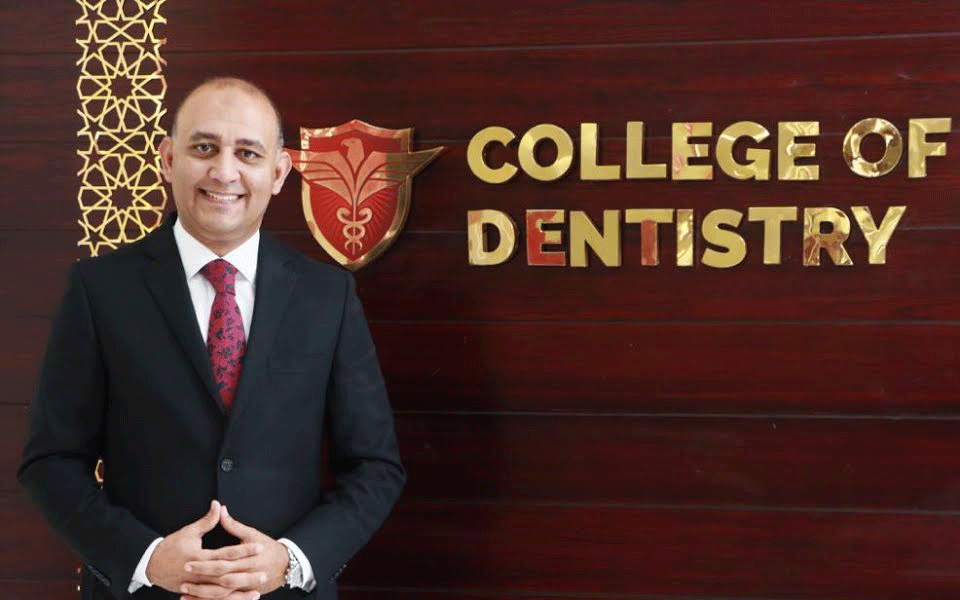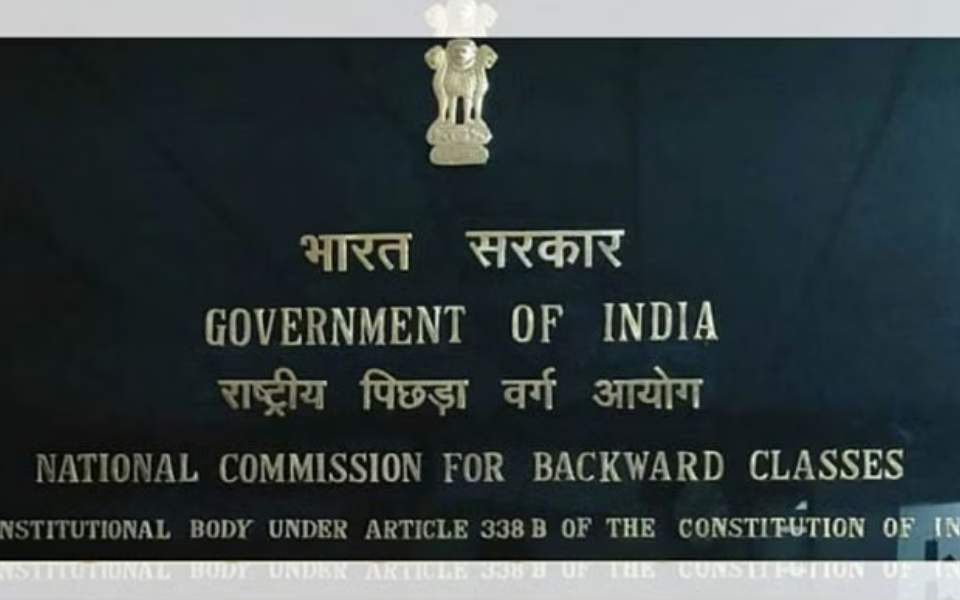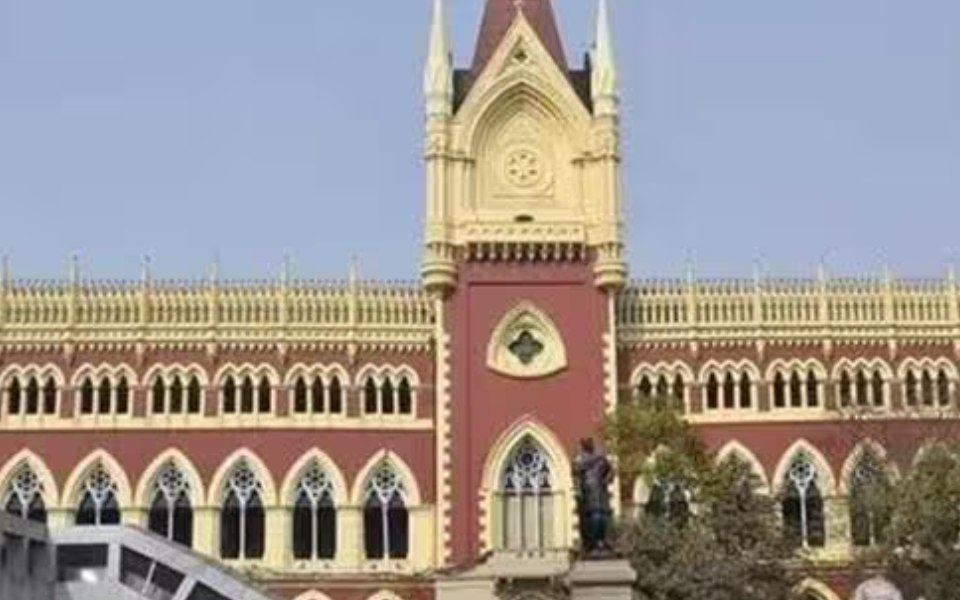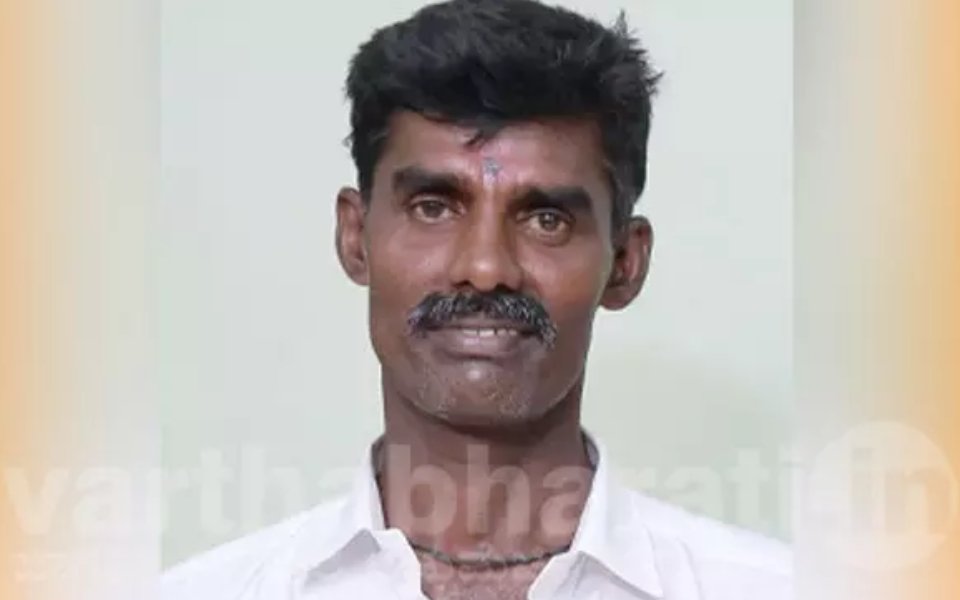Professor of oral and maxillofacial surgery Dr. Hesham Marei has been appointed as the Dean of the College of Dentistry, Gulf Medical University (GMU), Ajman. A remarkable academician, Dr. Hesham Marei had been working at the College of Dentistry, Imam Abdulrahman Bin Faisal University, Saudi Arabia, prior to joining GMU.
Graduating from Cairo University in 1997, Dr. Marei later received his Master’s and Doctoral Degrees in oral and maxillofacial surgery from Suez Canal University, Egypt. He completed his clinical training at Cardiff Dental School, University Hospital of Wales, UK and obtained his fellowship in Dental Surgery from the Royal College of Surgeons in London. He has also holds a Master’s Degree in medical education to his credit, and in 2018, he obtained a Doctoral Degree in medical education from Maastricht University, the Netherlands.
Dr. Marei has delivered numerous presentations, workshops and courses in both his specialties at several national and international events in Egypt, Saudi Arabia, Bahrain, UAE, Pakistan, the Netherlands, UK and USA.
“Dr. Hesham Marei brings to GMU years of experience as an academician and scholar and an impressive set of international engagements,” said Prof. Hossam Hamdy, the Chancellor of GMU. “We warmly welcome him as the new Dean of our College of Dentistry” he added.
“The College of Dentistry, Gulf Medical University is the only college offering DMD (Doctor of Dental Medicine) program in the UAE. The DMD program is a competency-based model of education, reflective of an evidence-based definition of general dentistry, unique from the other dental programs offered in the region. The standards and program goals are aligned with those identified by American Dental Association (ADA) and American Dental Education Association (ADEA). Multiple clinical training sites in Ajman, Sharjah and Dubai owned by the Thumbay Group supports the program. Furthermore, the Thumbay Dental Hospital in the University campus is equipped with 60 dental units. The College of Dentistry also has a new state-of-the-art Dental Simulation Laboratory which is used for teaching and assessment purposes” a press release from the GMU added.
Let the Truth be known. If you read VB and like VB, please be a VB Supporter and Help us deliver the Truth to one and all.
New Delhi, Apr 25: The National Commission for Backward Classes (NCBC) would be summoning the Karnataka chief secretary over the "blanket reservation" given to the Muslim community in the state, chairperson Hansraj Ahir said on Thursday.
The NCBC has criticised the Karnataka government's decision to categorise the entire Muslim community as a backward caste for reservation purposes saying such blanket categorisation undermines the principles of social justice.
"All castes/communities of Muslim religion in Karnataka are considered socially and educationally backward classes of citizens and are categorised as Muslim Caste separately under Category IIB in the State List of Backward Classes," NCBC chairperson Ahir said.
"This classification enables them to receive reservation in educational institution admissions and in appointments to posts and vacancies in the services of the State, as per Articles 15(4) and 16(4) of the Constitution of India," he said.
The NCBC has emphasised that while there are indeed underprivileged and historically marginalised sections within the Muslim community, treating the entire religion as backward overlooks the diversity and complexities within Muslim society.
Ahir said the response received from the state government on the matter has not been satisfactory and he would be summoning the Karnataka chief secretary to give an explanation over the move.
According to the data submitted by the Karnataka Backward Classes Welfare Department, all castes and communities within the Muslim religion have been enlisted as socially and educationally backward classes under Category IIB in the State List of Backward Classes.
The commission, during a field visit last year, examined Karnataka's reservation policy for OBCs in educational institutions and government jobs.
While Karnataka provides 32 per cent reservation to backward classes in local body elections, including Muslims, the NCBC stressed the need for a nuanced approach that accounts for the diversity within these communities.
According to the 2011 Census, Muslims constitute 12.92 per cent of the population in Karnataka.





